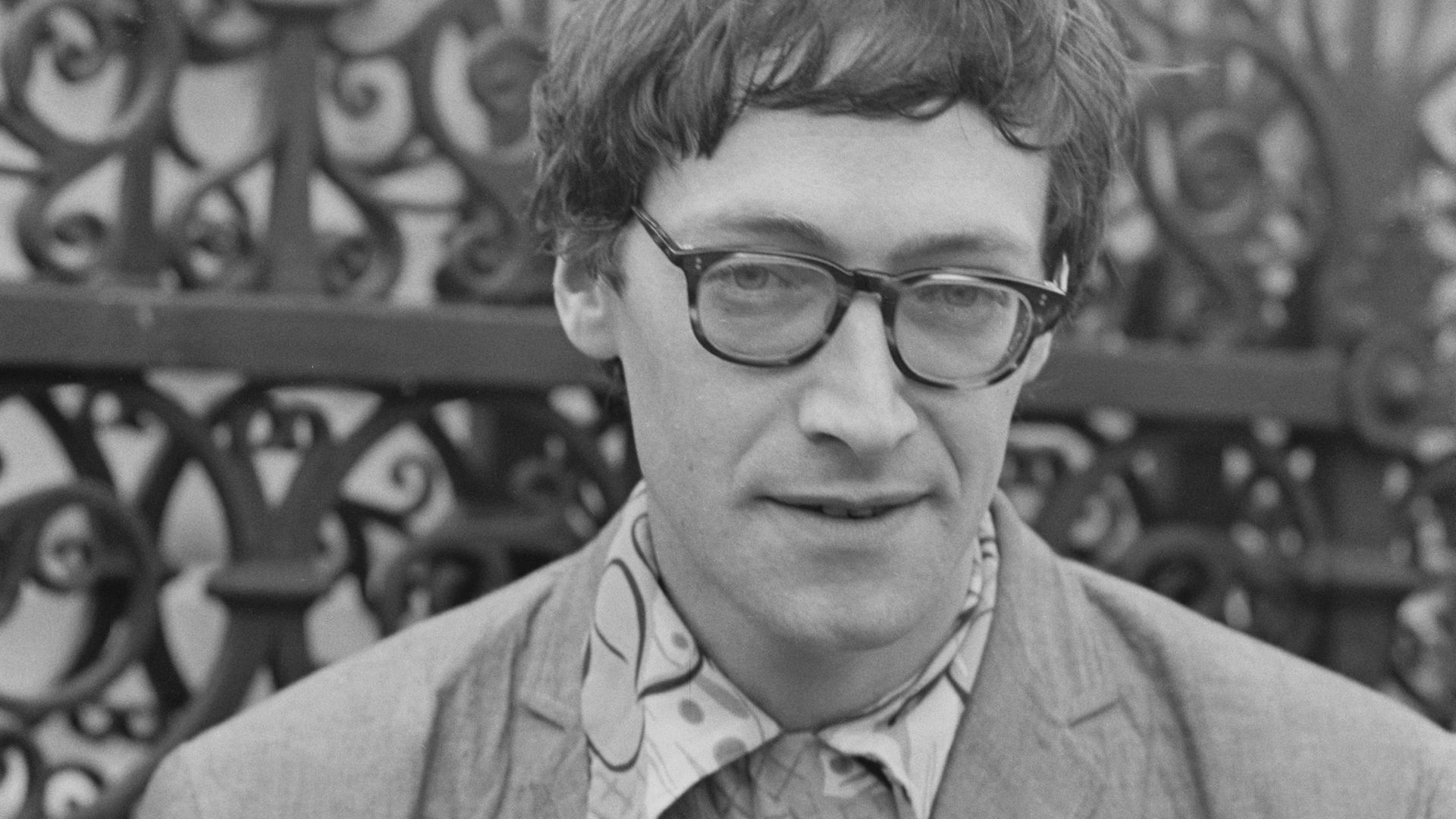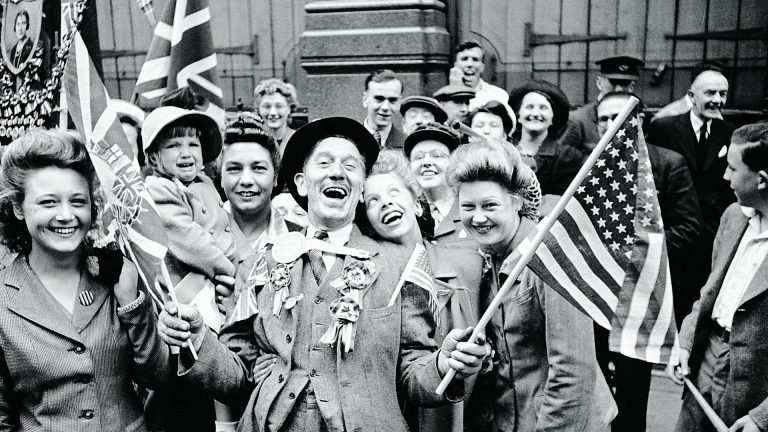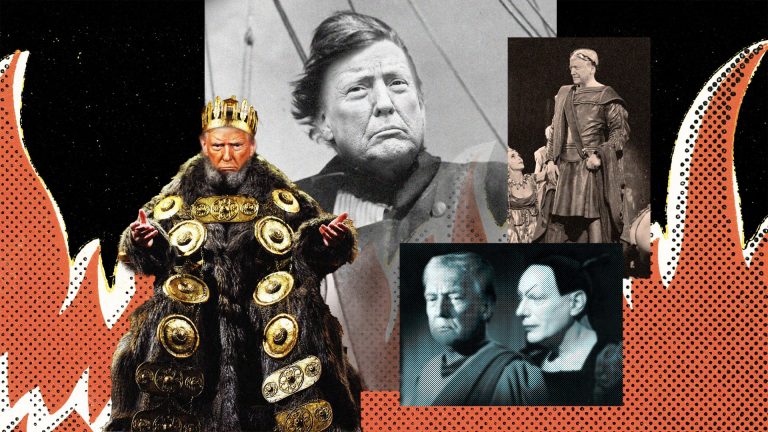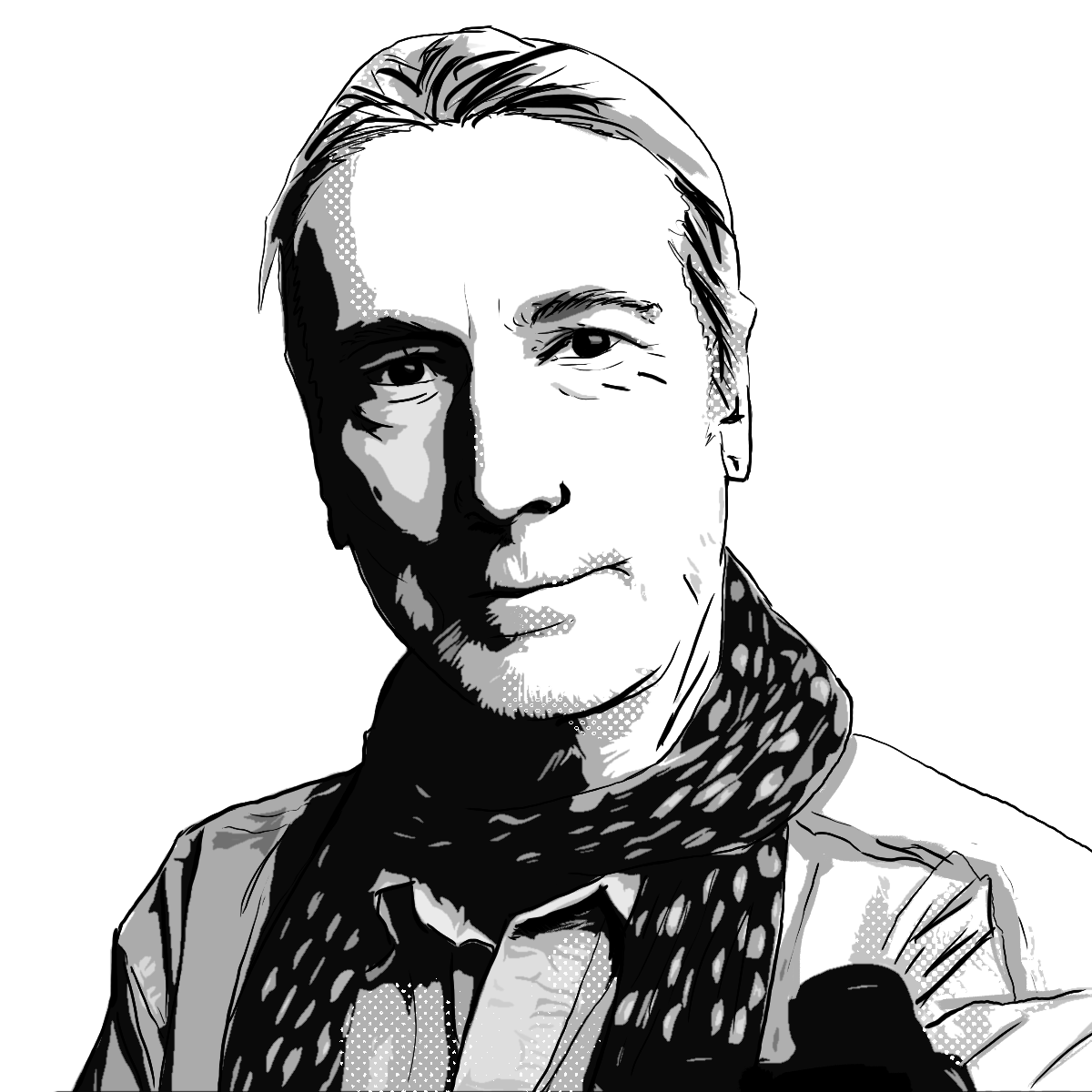
Michael Horovitz, poet, born April 4th, 1935, died July 7th, 2021
The euphoria that accompanied England’s victory against Denmark to reach the Euro final was deadened by the news the following morning that Michael Horovitz, one of the greats of British poetry, had succumbed to brief illness after a fall. A devoted Arsenal fan and a true European, I wonder if the 86-year-old was aware of the football semi-final outcome before the whistle blew for him.
Horovitz committed a whole life to promoting verse, particularly work of a personal and often radical nature, and his energy in the UK writing community was inspirational. He was widely published in many volumes over the decades, but he was as much a custodian of the stanza as a creator.
He was just as interested in encouraging new talent as he was in promoting his own: the publications he founded and disseminated were beacons of light when spoken word and political poetry were very much underfunded and overlooked actors on the cultural stage. He will have smiled, I’m sure, when a show called Life & Rhymes – very much his constituency – won a major prize at this year’s BAFTAs.
Born into a large Frankfurt family of Jewish tradition – Horovitz had nine older brothers and sisters and rabbi relatives – he escaped with his parents and siblings to Britain before the Second World War exploded. He made swift bounds as a student in England and attended the University of Oxford.
His principal hero was William Blake, a fellow Londoner, and he embarked on a doctorate on the artist mystic before abandoning the project. But he was also driven by the new voices of the US of the 1950s. Although initially a sceptic, he enjoyed a Damascene conversion to the Beat writers.
He became a close friend of Allen Ginsberg and Lawrence Ferlinghetti and was one of the British poets who appeared at the influential International Poetry Incarnation at the Albert Hall in 1965, an occasion attracting an audience of 7,000 and signalling the emergence of a British underground.
He was also the founder of New Departures, an important periodical of literary expression at the maverick fringes – Beckett and Burroughs appeared in early issues – and took writers and musicians – Adrian Mitchell, Stan Tracey – on the road in a live version of that project.
Later, he devised the Poetry Olympics, a wonderful moveable feast integrating spoken word and eclectic popular music styles which appeared both in print and multiple onstage incarnations. Major figures like Paul McCartney, Linton Kwesi Johnson, Eliza Carthy and Damon Albarn participated in this audacious and acclaimed venture.
An internationalist and a socialist forever linked with the utopian dreams of the counterculture, Horovitz became disillusioned with the centrist vision of New Labour and published the poem A New Waste Land, an epic and explosive critique, by way of response in 2007.
Humane, hopeful and sometimes melancholic, his enduring legacy is more likely to be his edited anthologies Children of Albion and Grandchildren of Albion, landmark collections exposing generations of fresh and undersung poets to a wider literary world.









